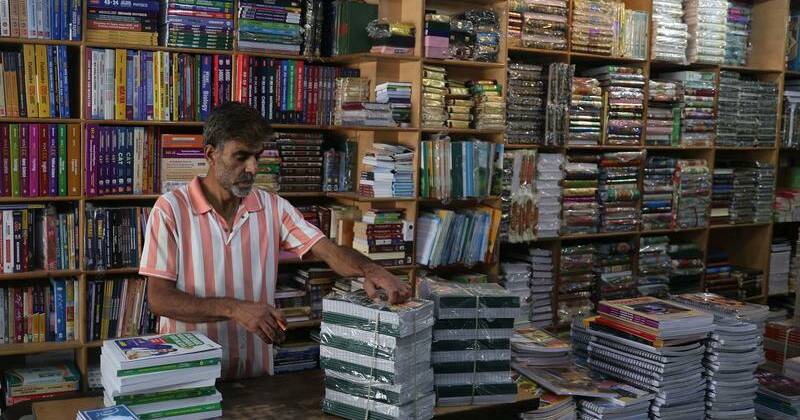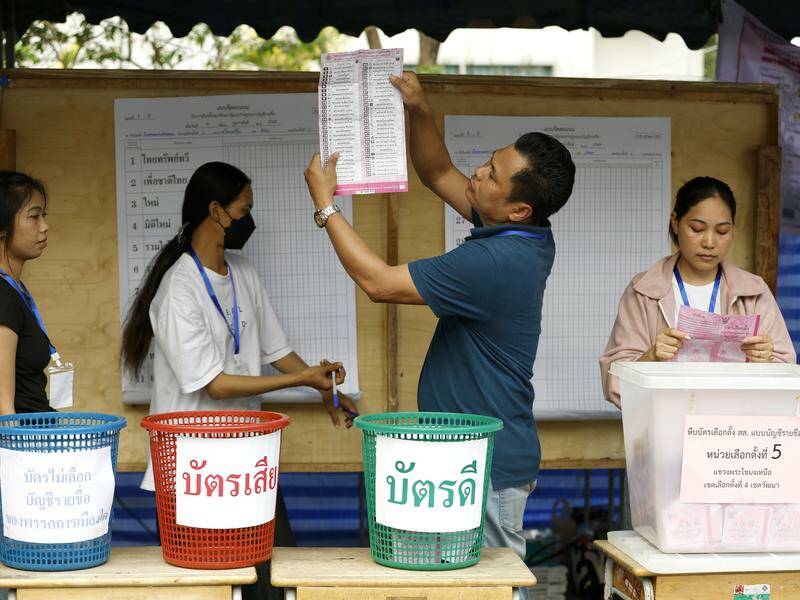
Indian authorities in Kashmir have imposed a ban on 25 books, claiming they promote “false narratives” and “secessionism” in the region. The directive, issued by the region’s Home Department on Tuesday, threatens individuals with prison sentences for possessing or selling these works, which include titles by notable authors such as Arundhati Roy and legal expert A.G. Noorani.
The order categorizes the books as “forfeit” under India’s new criminal code of 2023, effectively prohibiting their circulation and access within the disputed Himalayan territory. The law stipulates severe penalties, ranging from three years to life imprisonment, for violations. According to the Home Department, the banned literature has been identified as “exciting secessionism” and endangering the sovereignty of India.
The official notice stated that the books incite violence against the Indian state and glorify terrorism, asserting that they play a critical role in misguiding the youth. The order follows claims of “credible intelligence” regarding the dissemination of secessionist literature, often disguised as historical commentary.
In response to the ban, police conducted raids on bookstores and roadside vendors throughout Kashmir, seeking to confiscate the prohibited material. However, officials did not disclose whether any books had been seized during these operations.
Among the authors affected is political scientist Sumantra Bose, whose book “Kashmir at Cross Roads” is included in the banned list. Bose has firmly rejected any defamatory claims regarding his work, stating, “I have worked on Kashmir — among many other subjects — since 1993. Throughout, my chief objective has been to identify pathways to peace so that all violence ends.”
The situation in Kashmir remains complex. The region is claimed in full by both nuclear-armed nations, India and Pakistan, each administering different parts since the partition in 1947. A prolonged insurgency has persisted in the Indian-controlled area, with many local Muslims supporting the rebels’ aims of either joining Pakistan or establishing independence.
Despite the Indian government’s assertion that such militancy is a form of terrorism sponsored by Pakistan, many Kashmiris view it as a legitimate struggle for freedom. The ongoing conflict has resulted in tens of thousands of deaths, including civilians, militants, and government forces.
Since 2019, the Indian government has increasingly criminalized dissent and shown little tolerance for narratives questioning its sovereignty over Kashmir. In February 2023, authorities raided bookstores and seized hundreds of publications linked to a significant Islamic organization operating in the region.
Resistance leaders have condemned the recent book ban. Mirwaiz Umar Farooq, a prominent figure in Kashmir’s political landscape, criticized the decision, stating, “Banning books by scholars and reputed historians will not erase historical facts and the repertoire of lived memories of people of Kashmir.”
While book bans are uncommon in India, the administration under Prime Minister Narendra Modi has intensified efforts to control media narratives, leading to increased raids on independent news outlets, the imprisonment of journalists, and attempts to reshape historical accounts in educational materials.
The ban on these 25 books reflects a broader trend of censorship in Kashmir, raising concerns about the implications for freedom of expression and the availability of diverse viewpoints in the region.







